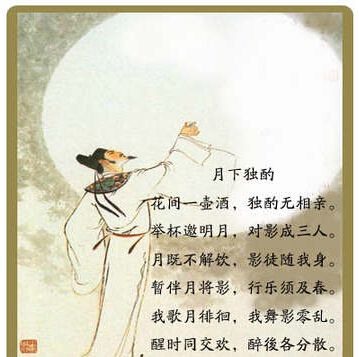新训练方法可保证骑行者健康
|
For competitive bicyclists with goals – whether competing in the Tour de France(环法自行车赛) or aiming for the podium(颁奖台,指挥台) at a local race – faster cycling comes from training regimens(生活规则,养生法) based on various zones of exercise intensity. New research from exercise scientists at the University of New Hampshire has found that effective training regimens, which generally are created after expensive, time-consuming laboratory tests, can be developed from a relatively simple, do-it-yourself test. Using two tools most competitive cyclists already own -- a power meter, an increasingly common training device that mounts on a bicycle's rear wheel, and a stationary bicycle trainer – UNH graduate student Jay Francis '09 modified a three-minute all-out cycling test and found that it is as effective as more lab-intensive measurements for determining exercise intensity. The study, which was Francis's master's thesis, is published in the September 2010 issue of Medicine & Science in Sports and Exercise, the premier journal in the field. "Power is a very unbiased(公正的) way of measuring your exercise ability, compared to speed, heart rate, or perceived exertion(发挥,运用) ," says Francis. "A power meter measures how much power you are getting from your body to the road," independent of external conditions like hills, wind, or even what you had for lunch, he adds. Francis and his advisor, assistant professor Dain LaRoche, wondered if this increasingly common piece of equipment could be used to establish individualized exercise intensity domains – training zones that range from moderate to severe(严峻的,严厉的) – that were as accurate as those established with complex laboratory testing. Francis used a three-minute all-out cycling test – "you just push and push and push and never let up" – which had previously shown to yield, in the last 30 seconds of the test, a power level that a cyclist can sustain for 20 to 30 minutes. He replaced the expensive and problematic laboratory equipment used in the original three-minute test with the cyclist's own bicycle, fitted with a power meter and used with a stationary trainer. Testing 16 competitive cyclists, Francis compared their exercise intensity from the power meter test with classic laboratory-produced exercise intensity measures: blood lactate(乳酸盐) concentration and oxygen consumption. The power-meter and laboratory-based results correlated. "You can go out with your own power meter and, for free, in just three minutes, you can do what would cost you $250 and take over an hour in the lab," says LaRoche. With this data, says LaRoche, a cyclist can develop a range of individualized training zones that a coach will use to prescribe a particular workout. "You can't use heart rate, because everyone's is different, but you can say, 'we're doing a zone three workout today.' As a former coach I see the practicality of it," he adds. LaRoche previously worked with speed skaters and Nordic skiers for the U.S. Olympic Committee. Francis took a more circuitous(迂回的,绕行的) route toward exercise science. He received bachelor's and master's degrees from UNH in electrical engineering in the early 1990s, then worked in that field for many years while taking up cycling recreationally. He returned to UNH for a second master's degree, in exercise science, to help him pursue his goal of becoming a cycling coach. A self-described "mid-range amateur(业余的) cyclist," Francis launched his own coaching service in Merrimack upon graduation last year. Its name, FxD Coaching, riffs on an equation that engineering and exercise share: force times distance equals work. The work he dedicated to his master's thesis paid off. LaRoche says it's unusual for a master's-level student to have an article accepted in the prestigious Medicine & Science in Sports and Exercise journal. More importantly, says LaRoche, Francis's work can now have an impact on athletes. "There's so much misinformation out there about how to train," he says. "Jay is providing a real service for mid-range cyclists." |








